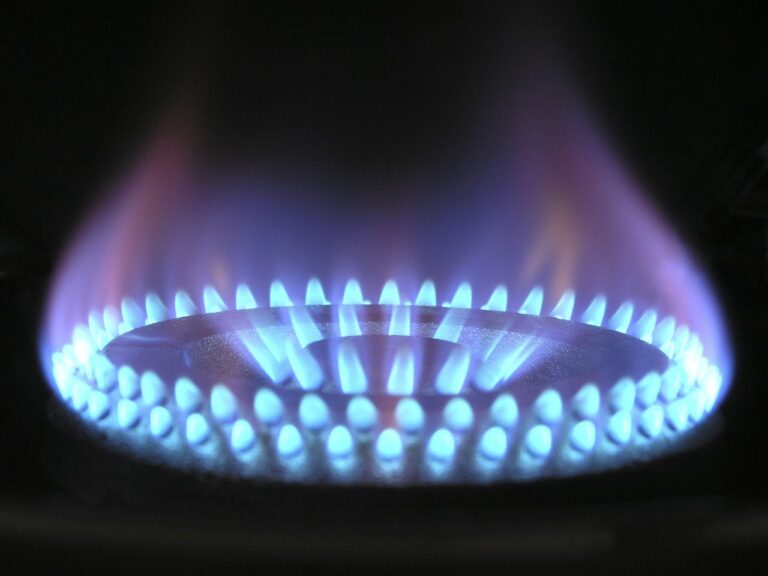While the European Union is mulling a cap on gasoline prices, some member nations are worried that the proposed cap will make it harder for them to secure supplies. IEA executive director Fatih Birol said that the true challenges for Europe will come in February or March. Traditionally, Europe relies on Russia for about 40% of its pure gasoline supplies.
Table of Contents
IEA calls for diversification of energy supplies
The gas crisis could get worse as Europe consumes its winter stocks. While there is some gas in storage, it will be difficult to replenish it before winter 2023/2024. According to the International Energy Agency, the EU could end this winter with 25%-30% of its winter storage sites full, and next winter could be even worse.
As the European Union prepares for a tough winter, it is also taking steps to diversify its energy supply. The European Union relies on 40% Russian gas, and if its supply goes down during the winter, Europe will face real problems.
Germany’s emergency plan
As Europe burns through its winter stocks, there is a growing fear that the gas shortage is going to get worse. EU member states are scrambling to stockpile gas ahead of the winter, but the amount of gas stored is falling short of what is needed. Some countries are even considering gas price caps, but there are concerns that this could make it harder to secure supplies.
Gas prices are incredibly high in Europe, and are six times higher than they were just a year ago. Germany’s finance minister recently warned that persistently high energy costs could plunge the country into a severe economic crisis. He called on companies and consumers to save gas.
With the EU’s largest economy and 37% of its energy consumption coming from gas, Germany is especially vulnerable to Russian gas shortages. The country is already under pressure from the partial cutoff of Russian gas, but the full cutoff is expected to cause a 3.2 percent drop in Germany’s gross domestic product and increase inflation. The effects could be even worse if winter turns out to be exceptionally cold.
As a result, the country is scrambling to source more gas from other sources, and it is doing so by increasing LNG imports. Germany is currently only reliant on Russian gas imports for a quarter of its total gas demand, but it has a long way to go before it can become completely independent.
Read also: EU leaders to discuss next steps on energy costs and war in Ukraine












